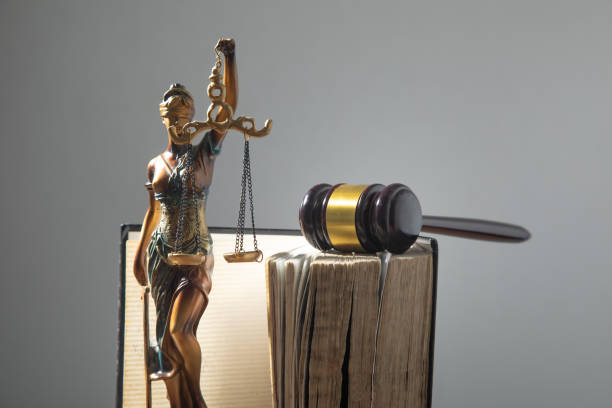Legal Processing of Inheritance Documentation in Lithuania
Inheritance is the transfer of a deceased individual’s property rights, obligations, and certain personal non-property rights to their heirs, either according to law or through a will.

Items that may be inherited include tangible assets (real estate and movable property) and intangible assets (securities, patents, trademarks, etc.), the deceased’s property claims and obligations, and, in cases defined by law, intellectual property (property rights to literary, scientific, and artistic works, related property rights, and industrial property rights), as well as other property rights and obligations established by law.
Personal non-property and property rights that are inseparably linked to the deceased (such as the right to honor and dignity, authorship, the right to an author’s name, the integrity of a work, a performer’s name, and performance integrity), the right to alimony and maintenance payments received by the deceased, and the right to a pension (except as provided by law) are not inheritable.
Inheritance may occur by law or by will. Legal (statutory) inheritance applies to the extent not altered by a will. If there are no heirs under the law or will, or if no heir accepts the inheritance, or if the testator has disinherited all heirs, the deceased’s property is transferred to the state by right of inheritance.
A testator is a person whose death gives rise to inheritance. Only a natural person can be a testator.
Heir – a person who inherits the property of a deceased. Heirs may include:
- by law – natural persons who were alive at the time of the testator’s death, children born after the testator’s death, as well as the State of Lithuania (Republic of Lithuania);
- by will – natural persons who were alive at the time of the testator’s death, those conceived during the testator’s lifetime and born afterwards, and persons named in the will even if not yet conceived, provided they are born;
- by will – legal entities that existed at the time of the testator’s death or are established in accordance with the testator’s expressed will.
Heirs under a will may also include the state and municipalities in Lithuania.
Order of heirs by law: children and adopted children, parents, adoptive parents, grandchildren, grandparents and great-grandchildren of the deceased, siblings, siblings’ children, as well as uncles and aunts on the paternal and maternal side and their children.
The moment of inheritance is considered to be the time of the testator’s death. If the person is declared deceased by court, the inheritance is opened on the date when the court decision becomes final, or on the date specified in that decision.
The testator may make a will personally, provided they are legally competent and acting of their own free will. The testator may bequeath all or part of their property to anyone they choose, and may disinherit heirs. Wills may be personal (handwritten by the testator) or official (made in two copies and certified by a notary).
In the Republic of Lithuania, one must apply to a notary to accept inheritance within three months of the person’s death. If this term is missed, the notary cannot initiate inheritance proceedings without a court decision confirming the actual acceptance of inheritance or the restoration of the term. The only notarial act – inheritance acceptance – must be performed by a specific notary. The law stipulates that the application must be submitted to a notary based on the last permanent residence of the deceased, to prevent multiple inheritance cases concerning the same estate.
